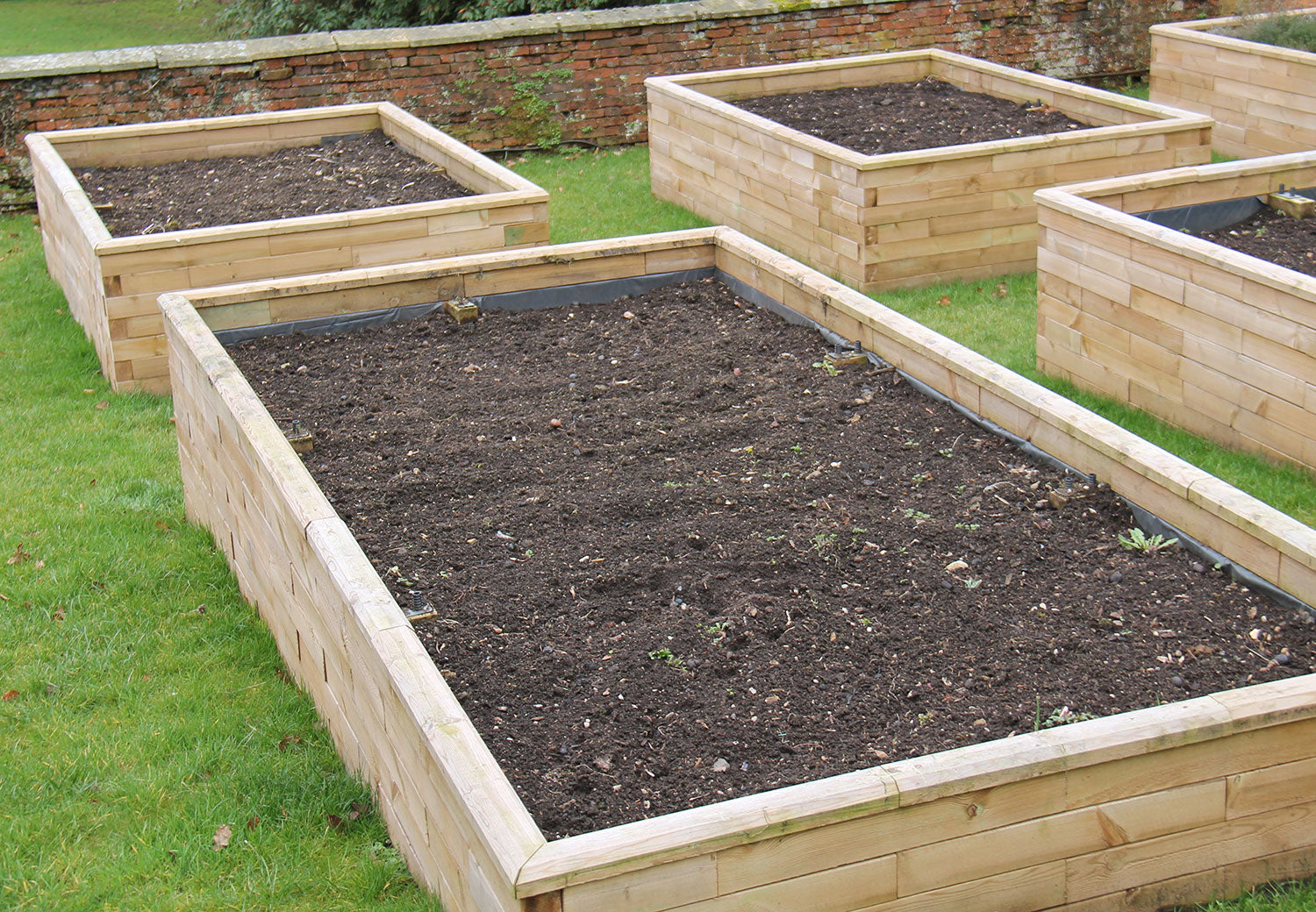How To Select The Right Compost For You

What types of compost are there and what are they for?
Compost is widely used and possesses many advantages both for the plant and the environment. It can improve soil health, reduce greenhouse gas emissions, recycle nutrients, and reduce the impact of drought.
There are different varieties of composts, each of which have different benefits. When you are looking for compost, it can be perplexing and often confusing, but choosing the right one is very important. In fact, if you pick up the incorrect compost type for the plant, it could potentially kill it.
Let’s look at all the different composts and explore how they can be of huge benefit.
Compost
Your basic compost is the product of a compost heap. Many gardeners choose to make their own compost using things such as plant clippings, edible food scraps, weeds, and pet waste. This kind of compost is inevitably cost-effective and environmentally friendly; however, one disadvantage is that many do not like the odour. Alternatively, compost can be purchased to save you the job of making compost in your own garden. Compost can be excellent for plants, fruits, and vegetables.
Multi-purpose compost
Multi-purpose compost consists of lime, fertiliser, bark, or green compost and is suitable only for plants that have germinated. Multi-purpose compost can be used to grow diverse plants and can be used in several parts of your garden. Please note, that many multi-purpose composts contain peat which isn't always clear at first glance, and it is not ideal for young plants or seeds.
Peat free compost
Peat compost used to be a go-to choice for many gardeners but nowadays more people have realised the damage that harvesting peat can cause to the environment. Because of this, gardeners are choosing to go peat-free instead. Peat-free compost is becoming increasingly available to buy and many gardeners opt to make their own. A mixture of organic and inorganic materials can be used to create it, including things like coconut fibre, composted bark or green waste, grit, and perlite.
Ericaceous compost
Ericaceous compost is any compost with a low pH and is ideal for growing acid-loving plants such as rhododendron, camellia, cranberry, blueberry, azalea, gardenia, pieris, hydrangea, viburnum, magnolia, bleeding heart, holly, lupine, juniper, pachysandra, fern, aster and Japanese maple. Ericaceous compost should be used for certain types of plants, such as the ones above, as they prefer acidic conditions. Mixing ericaceous compost into the soil before planting can help to ensure better plant health and growth.
Vermicompost
Vermicompost consists of compost that has been processed by earthworms. These earthworms can live in the soil and increase plant germination. Furthermore, they improve the soil’s ability to retain water. Vermicompost is hugely beneficial to all plant life and compost that has been processed by these creatures can help turn your garden into a beautiful, colourful, and vibrant utopia.
Green manure
This kind of manure is predominately used in organic farming and entails nitrogen being added to the soil. Green manure will benefit crops such as cotton, maize, rice, sugarcane, and wheat. From a domestic point of view, if you have a vegetable garden then green manure could be the solution.
Farmyard manure
The title may give you a clue, but this kind of manure is cow, horse, or other farmyard animal dung. Farmyard manure can be beneficial to lots of plants but beware that some farmyard manures can be a little too strong for some plants and may be hazardous if you use too much of it. However, you shouldn’t have to use too much manure because it is rich in nutrients and lasts for an incredibly long time in your garden soil. As good as it is, manure doesn’t store too well so don’t go out and buy lots – purchase only what you need.
We hope you have found this guide to composts useful. Now that you have a better understanding, you can browse our range of market-leading composts and planting mixes.
